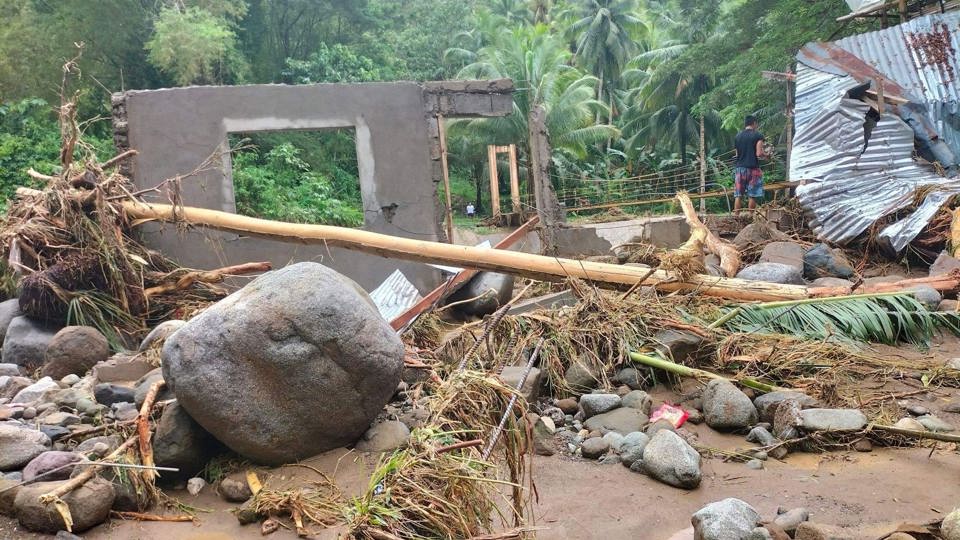Support communities affected by conflict and disaster in the Middle East
Your support can help provide emergency shelter, access to safe water, food, healthcare and immediate basic needs to vulnerable communities in the Middle East.

Collapsed building after an airstrike. Photo: Caritas Jerusalem.
Lebanon Economic Crisis
Lebanon is in the throes of an economic crisis that has brought the country to the brink of collapse. Your support can help provide healthcare services and immediate basic needs to the most vulnerable.
Hyperinflation has Devalued the Lebanese Lira
in what the World Bank calls one of the worst economic crises of the past 150 years.
The Poverty Rate has Nearly Doubled
from 42% in 2019 to 82% in 2021.
Food Prices have Risen 628%
in just two years.
Hospitals are Rationing Electricity
in just two years.
Gaza War
The situation in Gaza is catastrophic. Vulnerable families are facing violence, displacement, famine and starvation. Your support is needed now.
Over 35,000 People
have been killed - 70% of them women and children.
1.7 Million People
have been forced to flee their homes.
2.2 Million People
do not have enough to eat.
1 Million People
are on the brink of starvation.

Destroyed houses in Santa Catalina, Negros Occidental, Philippines after Tropical Storm Paeng. Photo: Caritas Philippines
Where does my donation go?
The funds raised through our Emergency Response Appeal will be used to provide immediate and longer-term humanitarian assistance to communities affected disasters and emergencies around the world.












